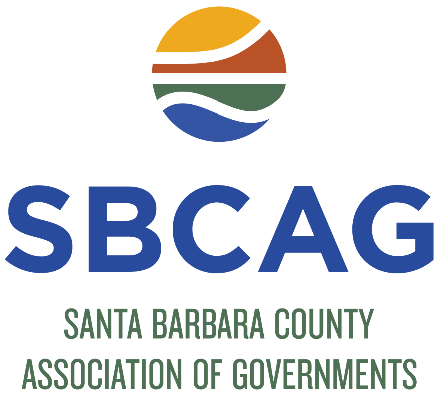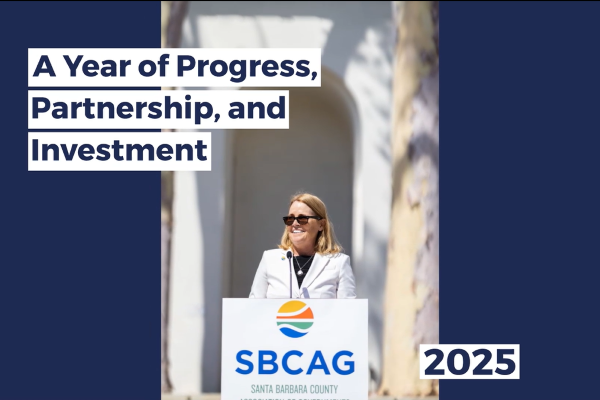Planning

What We Do
SBCAG’s Planning Division is responsible for a variety of planning and study projects focusing on all modes of travel and at various scales. Responsibilities include but are not limited to the following.
- Regional Transportation Plan and Sustainable Communities Strategy
- Regional Growth Forecast
- Regional Travel Demand Model
- Regional Land Use Model
- Unmet Transit Needs
- Regional Housing Needs Allocation
- Census Affiliate Center
- Geographic Information Systems
- Airport Land Use Commission Staffing
- Various planning and study projects
Initiatives
Resources
Division Staff
-

Michael Becker Director of Planning
-

Andrew Orfila Principal Transportation Planner
-

Mia Lewis Transportation Planner
Director of Planning
O: (805)600-4474
EMAIL: mbecker@sbcag.org
Mike joined SBCAG in 2014 and is responsible for providing leadership, guidance, and direction to the organization’s planning team in order to facilitate long-term planning activities that meet State and federal laws and regulations. He oversees a range of topics related to planning activities making sure they are developed, funded, and performed to meet unique needs throughout region. His expertise is in transportation planning and its relationship with land use. He utilizes his knowledge to stay informed of trends in land use management, transportation, population growth, housing policy and state/federal regulations. Additionally, he represents SBCAG at public forms and cultivates strong relationships with local government partners as well as other regional agencies.
Principal Transportation Planner
O: (805)600-4461
EMAIL: aorfila@sbcag.org
Andrew joined SBCAG in 2005 and is responsible for the more complex responsibilities required of SBCAG planning, including Travel Demand and Land Use Modeling, Airport Land Use Planning, and management of each Regional Transportation Plan and Sustainable Communities Strategy update, among other responsibilities.
Transportation Planner
O: (805)600-4463
EMAIL: mlewis@sbcag.org
Mia joined SBCAG in 2024, specializing in data-related planning projects. She serves as the primary contact for SBCAG’s Census Affiliate Data Center. Additionally, she works on the Regional Housing Needs Allocation and the Regional Growth Forecast.



